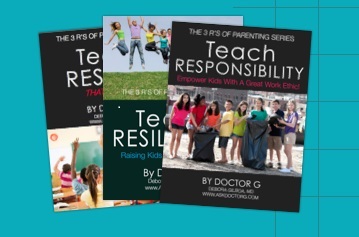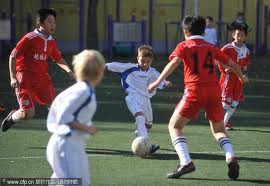 My Mom and I went on vacation to Missoula July 22 to visit my sister who has a house in the woods by a creek, and a cabin on Flathead lake. We jump off the dock into the frigid water and swim like crazy till we turn into icicles.
My Mom and I went on vacation to Missoula July 22 to visit my sister who has a house in the woods by a creek, and a cabin on Flathead lake. We jump off the dock into the frigid water and swim like crazy till we turn into icicles.
Februrary, 2013
This year was different. Two days after we arrived, my 94 year old Mom lost her balance stepping up on the curb while heading into an REI store, breaking her femur. The doctor took us aside before the surgery to install a titanium rod, and said, “”Just to let you know, 30 % of people in her category are dead within the year.”
But of course, he didn’t know my Mom, and her plan is to come out of this stronger than when she went in, but it’s going to be a full year of recovery. It’s been hard, really hard. Discouraging. Depressing. Every day is a fight. This morning she didn’t want to get up. She reminds me of what a wonderful gift it is to be able to just stride down the street.
She spends her days working out on a recumbent exercise bike, lifting weights, and I now go with her to her water aerobics class. The first day back, her classmates cheered and clapped as she climbed down the ladder. She disdains going in the slow way, but prefers the ‘all at once’ method, so as not to drag out the pain of getting wet. For the past decade, she’s gone year round, three days a week. On some cold, dark days, she’s the only one in class. And she’s looking forward to driving again soon.
My Mom exemplifies her generation–independent, determined, a classic depression kid. Sharper than I am in many ways, hard working and thrifty. Before the accident, she was driving everywhere, shopping, cooking, doing laundry, ironing, gardening, and charity work. She published her autobiography just before this trip. But she’s quickly getting back in the groove. Today she did laundry and ironed a stack of clothes.
I feel closer now to the families who call our office needing companions for their seniors for a few hours during the day, a weekend, overnights or on a regular basis. Sometimes seniors have kids who want them to have help, but the seniors aren’t ready to hear of it. But it’s a relief nonetheless to know that a trusted professional is available when they’re ready.
Beth Weise

























